Disinformation, AI and poll-worker problems: How elections this week could preview 2024
- Oops!Something went wrong.Please try again later.
WASHINGTON − Voters head to the ballot box this week in several states − and the outcomes might reveal more than just winners and losers.
Election experts told USA TODAY several statewide elections − which include governor races in Kentucky and Mississippi − could preview challenges that might arise during the 2024 presidential election.
That includes whether states can overcome challenges to recruit poll workers, adapt to voting law changes, maintain high voter turnout levels and combat the spread of disinformation.
“There are elections all around the country that I think serve kind of as a bellwether for how next year will go,” said Tammy Patrick, CEO for programs at the National Association of Election Officials.
Election security has taken on unprecedented attention after former President Donald Trump, now the front-runner for the 2024 Republican nomination, unleashed false claims of election fraud, aimed particularly at mail-in voting, to try to overturn the 2020 election. He continues to make the unfounded attacks today.
Most election experts say voting has never been more secure in U.S. history.
"The reality of election security in the United States has never been better," said David Becker, executive director of the nonpartisan Center for Election Innovation & Research. For example, he pointed to more paper ballots that can be audited and counted than ever before to verify the results of voting machines.
Nevertheless, Becker said election losers − like Trump in 2020 − are increasingly spreading disinformation about rigged or stolen elections.
"I think it will be very interesting (next week) to see the degree to which losers of elections continue the trend," he said. "I expect that there will be in some small cases − or perhaps even larger cases − claims that elections or stolen elections were rigged."
Here's what's top of mind for election officials ahead of 2024:
'A stress test'
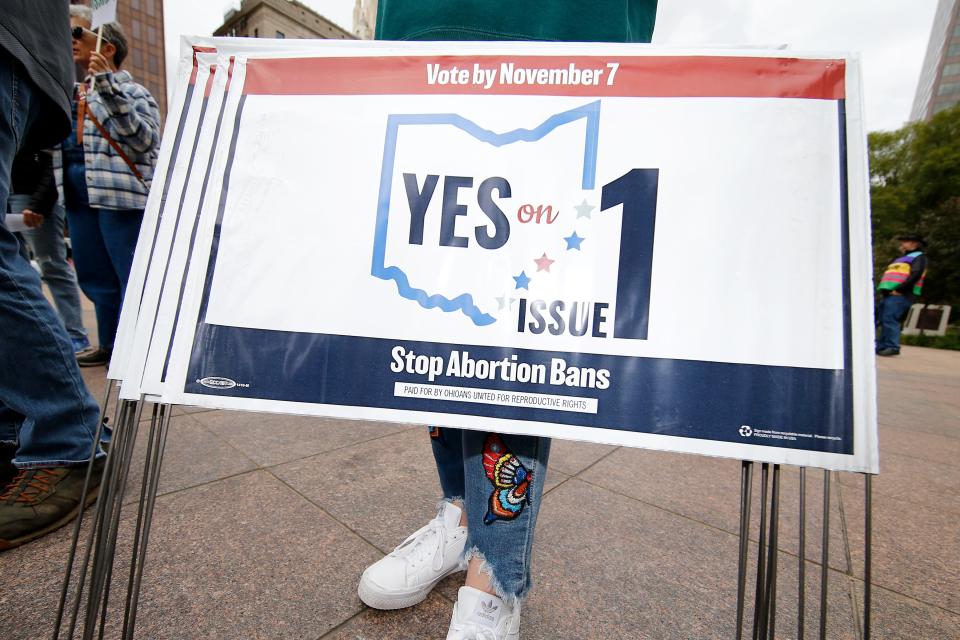
Off-year elections − which tend to have a smaller turnout than federal races − are opportunities for jurisdictions or states to make changes in their election administration process, former Utah County, Utah, Clerk Josh Daniels told USA TODAY.
"We're going to see basically a stress test, if you will, of new things that jurisdictions are doing," he said. "Nobody's going to do something radically new and different in 2024 if they haven't at least tried it in 2023."
Many jurisdictions are making changes and improvements in preparation for 2024, he said, such as looking at ways to increase speed when it comes to reporting results, reduce wait times at polling locations and upgrade voting machines.
"Whichever systems jurisdictions are using in 2023 is likely to be what they're going to use in 2024," Daniels said. "If there's a change, you're going to hear about it this election cycle."
Recruiting poll workers and turnover of election officials
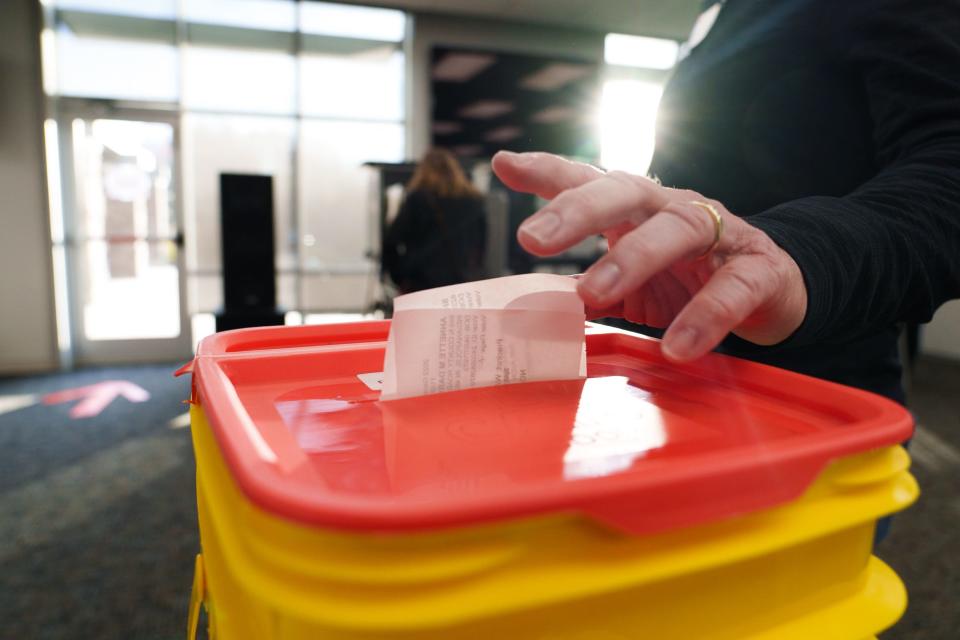
Finding and recruiting poll workers is a challenge ahead of every election cycle, said Patrick from the National Association of Election Officials. But since the COVID-19 pandemic in 2020, it has become even more challenging to engage with community members and find those who want to participate in the voting process.
Election officials across the country are not only worried about recruiting enough people − from poll workers to warehouse workers to people who can process voter registration forms− but also hiring those who have the right motivations for getting involved in the process.
“There’s all sorts of efforts that could in fact truly cause problems in our electoral process,” Patrick said.
In addition to poll workers, a high turnover of local election officials also poses concerns because of the loss of institutional knowledge and experience in administering elections.
Half of Americans who live in 11 states in the western United States have a new chief local election officer since 2020, according to a report from Issue One. More than 160 chief local election officials left their jobs after the past presidential election taking with them more than 1,800 years of institutional knowledge and experience.
It's an issue that members of the Senate Rules and Administration Committee examined last week when hearing testimony from election officials on how Congress can address threats to election administration.
"We must work together to find common ground to protect the people on the front lines of our democracy," committee Chair Sen. Amy Klobuchar, D-Minn., said in her opening remarks.
Sean Morales-Doyle, director of the Brennan Center Voting Rights Program, pointed to the heightened harassment of poll workers, particularly in the 2020 presidential election, as one of the main causes of the mass exodus of poll workers.
It means inexperienced poll workers will be overseeing elections in many states and districts.
"I wouldn't be surprised if there are ramifications from that turnover, and it's something that we should be concerned about," Morales-Doyle said. "And if something comes up in 2023, it'll provide some warning signs for 2024."
Changes to voting access laws
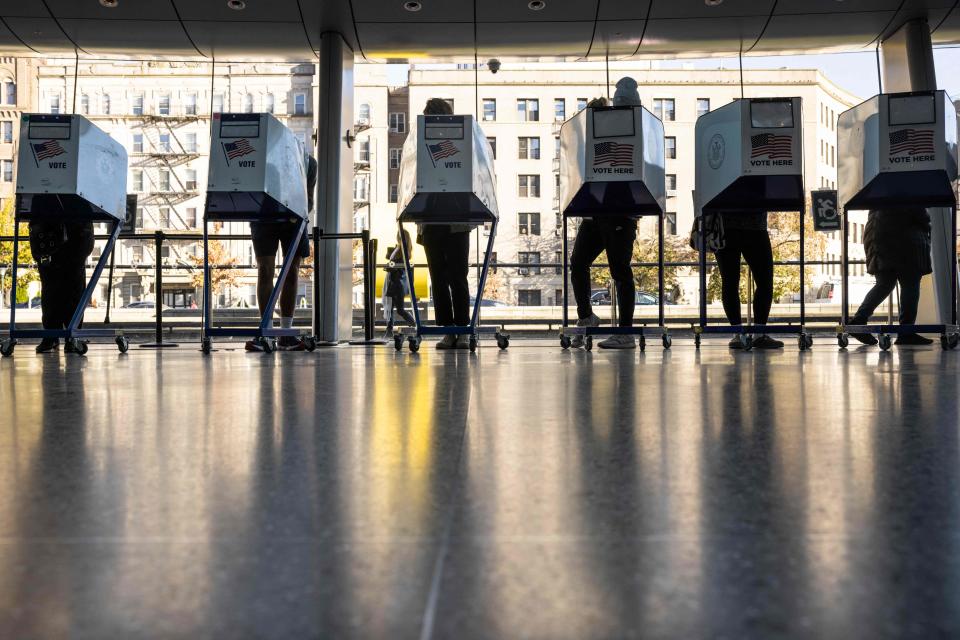
States across the country have passed a near-record number of restrictive voting laws in 2023, with at least 11 states enacting 13 such laws, according to a June 2023 roundup of voting laws from the Brennan Center.
The only year that saw more states pass voting restrictions was 2021 − when many Republican-led states responded to Trump's claims of election fraud with legislative action.
Many states revised election laws during the 2020 presidential election to provide voters with safer ways to cast ballots during the pandemic. Some states have since rolled back their pandemic-voting legislation, while others passed even more restrictive laws. But others expanded voting access, including at least 13 states just this year.
These changes can be a double-edged sword, often creating confusion among voters who aren't aware of the changes in their state, Patrick said.
“It’s not just the laws changed for better or worse, but whether or not the voters know it, and that is sometimes an even more damaging situation than whatever the law may be,” she said.
A troubling trend, according to Morales-Doyle, played out in the 2022 election: the outright refusal of some election boards and commissions to certify election results. That includes local county races in Pennsylvania, New Mexico and Arizona, he said,
"Maybe we'll see this in 2023, but I hope not," he said.
New laws in some states could make it easier for officials to reject results in 2024. Morales-Doyle pointed to a new North Carolina law that will make the state elections board a bipartisan 4-4 split, creating the potential for deadlocks.
More: Who is running for president in 2024? A closer look at each candidate ahead of the election
Spread of disinformation
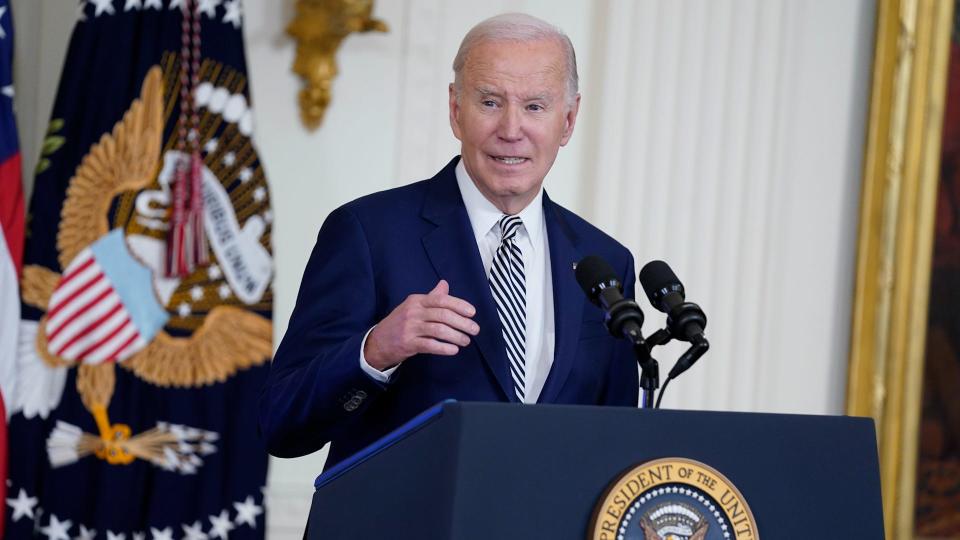
Disinformation in the election process isn’t new, but Patrick said there’s a new threat to how it can be spread: artificial intelligence.
In the past, those looking to interfere with an election have created fake websites to mimic official election websites. But AI could be used on another level − producing a phone call that sounds exactly like a secretary of state sharing incorrect information about polling locations or producing fake videos of a local election official giving false information about deadlines for casting ballots.
“The question is going to be how that plays out, how it’s attempted and whether or not voters can discern what is true and factual from what is not,” Patrick said.
Nearly 6 in 10 adults agree AI tools will increase the spread of false or misleading information in the 2024 election, according to a recent poll from The Associated Press-NORC Center for Public Affairs Research and the University of Chicago Harris School of Public Policy.
Loss of voter confidence
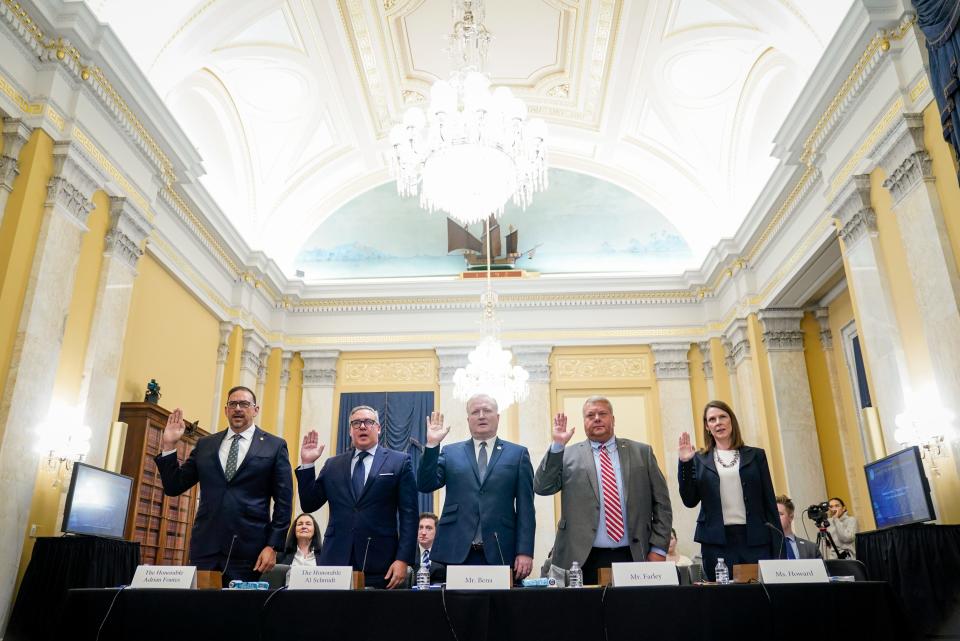
Republican voters have waning confidence in the legitimacy of elections, according to polls, a movement amplified by Trump and allies who have rejected results.
"There still is a strong and disturbing election-denial movement in the country that is sending a very damaging message to American voters that suggests that our elections are unreliable or insecure or rigged," Morales-Doyle said.
Arizona Secretary of State Adrian Fontes, a Democrat who started working in elections on the county level, referenced a loss of civic trust during a webinar with Issue One last week.
“There was a civic faith in the folks who were actually doing the work that all of us either have done or still are doing and that has eroded significantly,” he said.
Julie Wise, the elections director in King County, Washington, added that the conversation around election administration has changed dramatically in recent years, which she called disheartening and discouraging.
“With some folks, there’s almost an automatic assumption of guilt or corruption or conspiracy just by virtue of working as an election administrator,” she said.
This article originally appeared on USA TODAY: An election preview: Why 2023 serves as 'stress test' before next year

